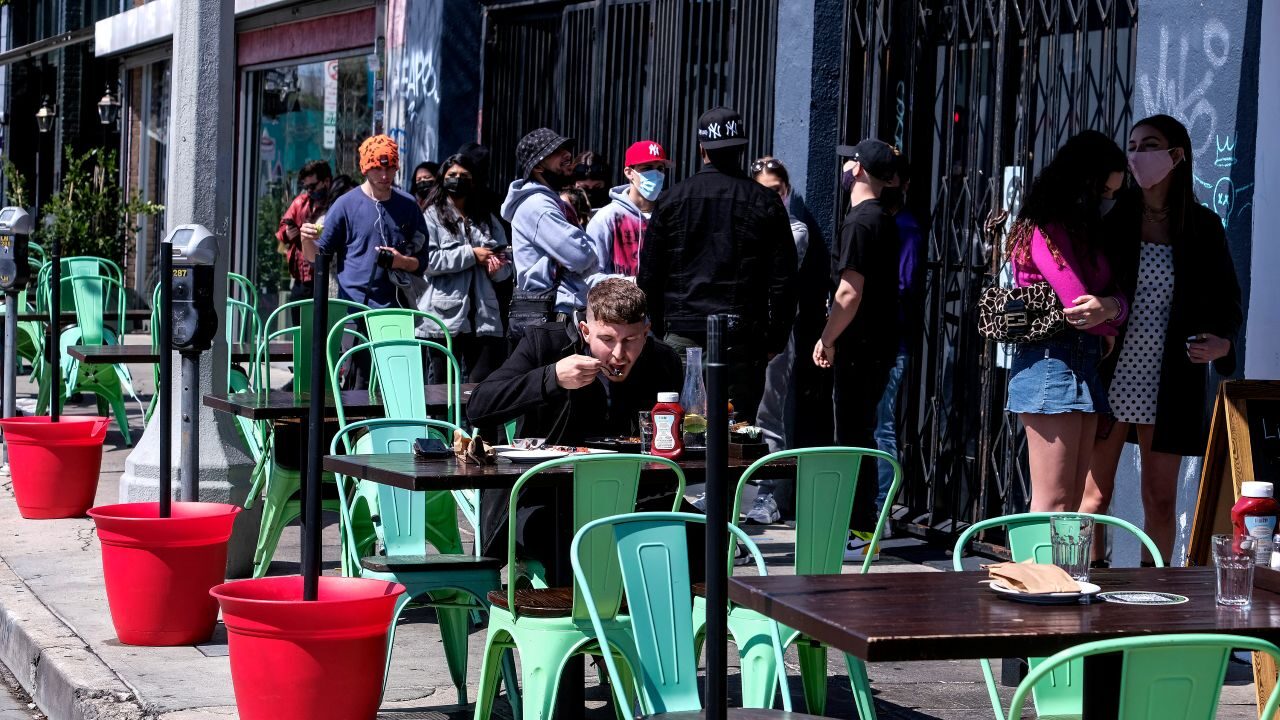Gov. Gavin Newsom signed two bills into law on Thursday that make it easier for restaurants to do renovations and to offer outdoor dining. (Shutterstock)
Share
|
Getting your Trinity Audio player ready...
|
There are 86,000 restaurants in California, and the owners of most of them can tell a tale or two about navigating the state’s bureaucracy and red tape.
However, two lawmakers wrote bills sparing some of the hassle and expense for restaurants looking to provide outdoor dining or to renovate their spaces.
Gov. Gavin Newsom signed those bills into law on Thursday at the Joyce restaurant in downtown Los Angeles.
Here’s a look at the legislation:
AB 592 by Assemblymember Jesse Gabriel (D-Encino) helps open-kitchen restaurants by permitting windows, folding doors, or non-fixed storefronts — giving restaurant owners greater flexibility in providing outside premises.
“Neighborhood restaurants are the backbone of communities across California, but too many are barely hanging on by a thread,” said Gabriel in a statement. “This new law will cut red tape and support these cherished small businesses as they navigate inflation and economic headwinds. AB 592 also will allow neighborhood restaurants to leverage California’s exceptional climate and offer more outdoor dining options. … I am grateful to restaurant owners and local chambers of commerce from across California who helped fight for these important reforms.”
AB 671 by Assemblymember Buffy Wicks (D-Oakland) creates a voluntary, expedited path for permitting small, independent restaurants seeking to retrofit existing spaces — allowing licensed architects and engineers to self-certify simple plans while maintaining all required inspections and safety checks.
“For too long, opening a restaurant in California has meant endless hurdles and frustrating delays,” said Wicks. “With Governor Newsom’s signature on AB 671, we’re making it easier for small restaurateurs to turn their ideas into reality — opening their doors faster, hiring workers sooner, and bringing new energy to our main streets, all while maintaining the safety standards our communities rely on.”
RELATED TOPICS:
Categories

MAHA Activists Urge Trump to Fire His EPA Administrator

Meta Strikes Multiple AI Deals With News Publishers

















